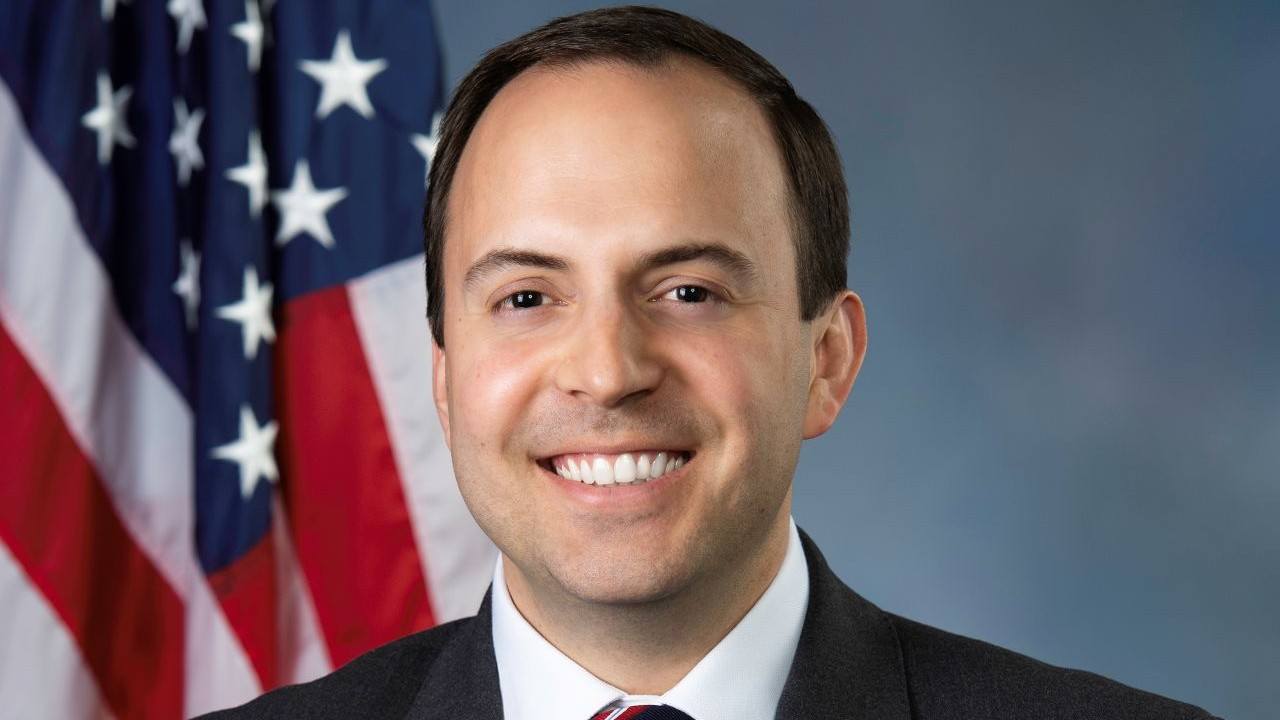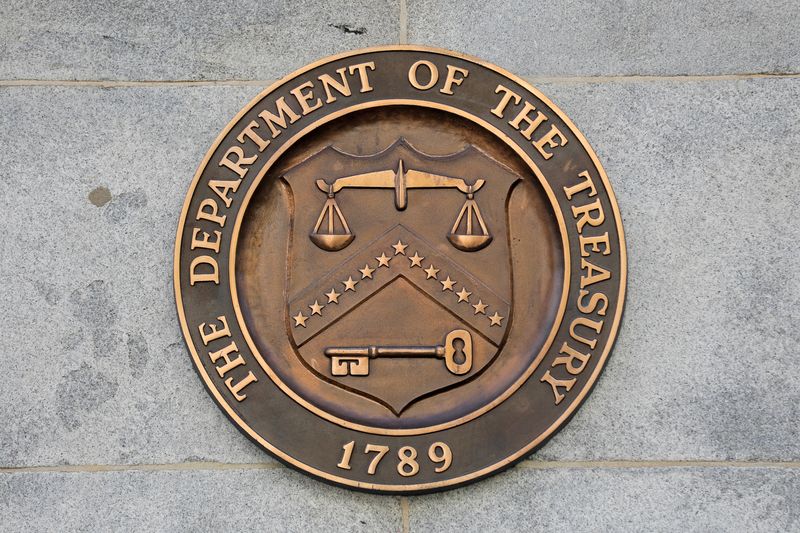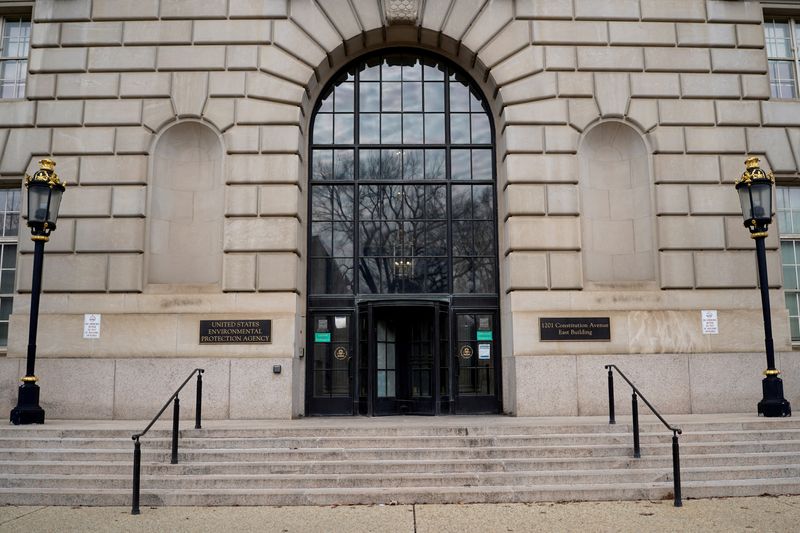Should We Eliminate Taxes on Social Security Benefits? A Discussion on the House Tax Bill H.R. 904
For roughly the first 45 years after President Franklin D. Roosevelt embarked on the Social Security program during the Great Depression, its trust fund was intact, well supplied, and never a concern of anyone in the federal government. Following the disastrous double digit inflation, economic “malaise” of the Jimmy Carter years, economists found that the […] The post Should We Eliminate Taxes on Social Security Benefits? A Discussion on the House Tax Bill H.R. 904 appeared first on 24/7 Wall St..

Key Points
-
Income tax on Social Security benefits for individuals earning over $25,000 began under President Ronald Reagan and Alan Greenspan in 1983 to help cover the shortfall in the Social Security trust fund.
-
Reagan’s tax on Social Security was capped at 50% of combined income, while Bill Clinton increased the maximum to 85% in 1993. Inflation and rampant Congressional overspending has only increased the trust fund shortfall.
-
President Donald Trump made a campaign pledge to end taxes on Social Security that resonated with the electorate, resulting in both Republican and Democrat sponsored bills in the House to accomplish this.
-
Are you ahead or behind on retirement? SmartAsset’s free tool can match you with a financial advisor in minutes to help you answer that today. Each advisor has been carefully vetted and must act in your best interests. Don’t waste another minute; get started by clicking here.(Sponsor)
For roughly the first 45 years after President Franklin D. Roosevelt embarked on the Social Security program during the Great Depression, its trust fund was intact, well supplied, and never a concern of anyone in the federal government. Following the disastrous double digit inflation, economic “malaise” of the Jimmy Carter years, economists found that the trust fund’s pace of outlays were exceeding its influx of fresh funds.
With pressure from Alan Greenspan and a Democrat controlled Congress, President Ronald Reagan signed a 1983 bill to approve income tax on up to 50% of Social Security benefits for those earning over $25,000. The goal was to shore up the trust fund’s reserves. When that proved insufficient, President Bill Clinton saw fit to increase that to 85% with legislation he signed in 1993. Nevertheless, unceasing congressional profligacy and recurring periods of inflation have caused some analysts to predict that without significant policy changes and spending cuts, Social Security was headed for insolvency sometime in the early 2030’s.
Proposal:
President Donald Trump’s landslide 2024 Presidential election victory was markedly populist, and included many campaign pledges that resonated with blue collar and middle class voters: less business regulations, big tax cuts, less government intrusion on personal lives, a strong military, and both energy and manufacturing self-sufficiency. In addition to calling for extension of his massively successful 2017 Tax Cuts and Jobs Act (TCJA), he pledged an end to taxes on Social Security benefits, overtime pay and tips.
Legislation:
Popular support for these tax reform measures did not go unheeded by both Republican and Democrat legislators. President Trump’s campaign promise to end taxes on Social Security benefits may well become a reality this year. Bill H.R. 904 – No Tax On Social Security, co-sponsored by Rep. Thomas Massie (R-KY) and Rep. Jefferson Van Drew (R-NJ), and Bill H.R. 2909, known as the “You Earned It, You Keep It Act”, co-sponsored by Rep. Angie Craig (D-MN), Rep. Josh Riley (D-NY), and four other House representatives, both call for revising the tax code to exclude federal income tax on Social Security benefits.
Opinions for and against these bills have both cited justifications for their stances. A Reddit post sought varying views from Reddit readers outside of academia and the Beltway.
Tax Relief For Low Income Retirees

From a taxpayer perspective, many concurred with the intent of both bills. Among the reasons they cited were:
- With a $25,000 individual threshold and a $32,000 married couple threshold, practically everyone who is not reliant solely on Social Security or other government programs for income is liable for taxes.
- $25,000 and $32,000 are relics of the 1980s. The core inflation measurement calculates that $25,000 equates to 2025 buying power of $81,565 and $32,000 in 1983 would be $102,746 in 2025 buying power. These levels have never been adjusted for inflation for over 40 years.
Accelerating Insolvency?

Those who were not in favor of eliminating Social Security taxes cited these fears and cynical views:
- Concerns over Social Security’s “looming insolvency” made paying taxes the lesser of two evils in their estimations.
- Some claimed it was a conspiracy by President Trump to “accelerate Social Security insolvency to crash the system to benefit billionaires.”
The Third Way

Respondents who acknowledged the preceding points argued for compromise solutions including:
- Eliminating the $176,000 income cap to stop paying FICA tax so that the wealthy who will eventually be entitled to benefits when they reach 62, pay in a more proportionate percentage of their income with lower income Americans.
- Adjust the thresholds for inflation with annual COLA recalculations.
The Trump Card

The wild card in the Social Security income tax is President Trump’s trade and fiscal policies that would be a continuation of the practices initiated during his first term, which created millions of jobs and allowed everyday US citizens to keep a greater portion of their hard earned dollars. He has repeatedly suggested the elimination of the Internal Revenue Service entirely, replacing income tax revenues from citizens with funds from tariffs and a consumption tax, which would be progressive and hit wealthier people, who spend more, harder.
As his tariffs have already gone into effect and begun to manifest multiple revised international trade deals with dozens of nations, this plan already appears underway. Should President Trump be able to proceed with the other part of his plan, income tax on Social Security may become a moot point.
The post Should We Eliminate Taxes on Social Security Benefits? A Discussion on the House Tax Bill H.R. 904 appeared first on 24/7 Wall St..





































































































































































